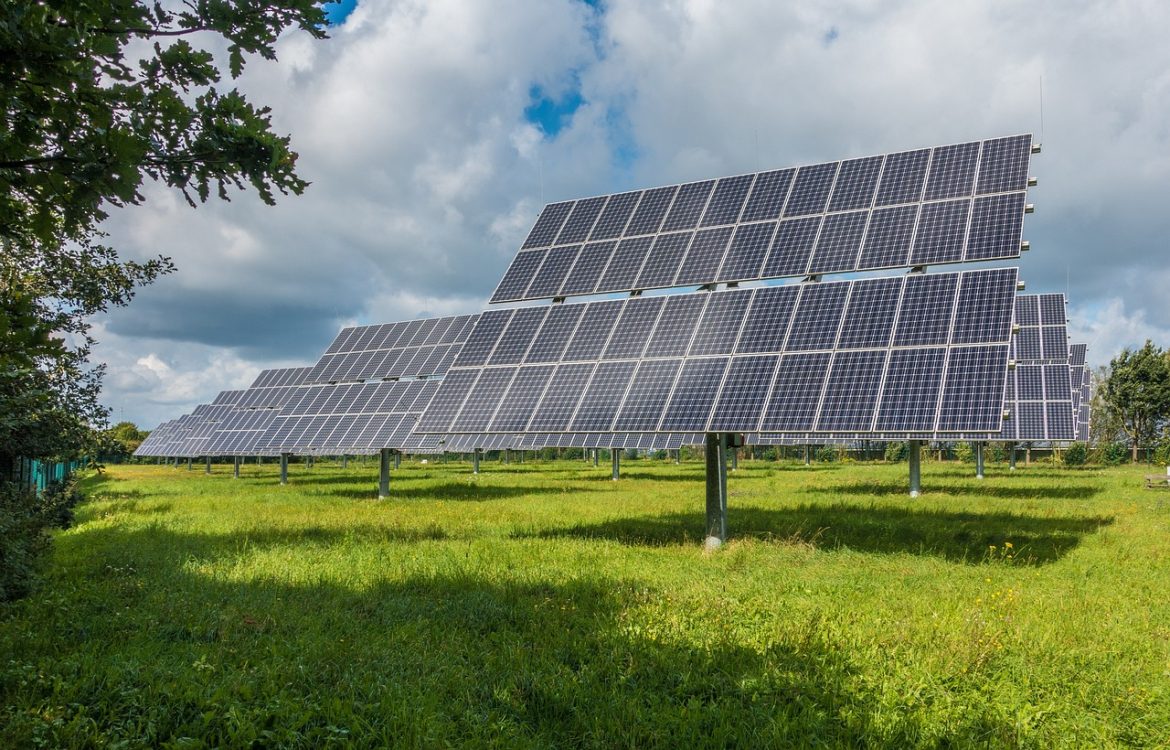South Africa’s renewable energy sector is booming, with new projects surging to an impressive 133GW, more than double the amount from just a year ago. This remarkable growth was revealed in the 2024 South African Renewable Energy Grid Survey (SAREGS), a crucial annual report that tracks the development of renewable energy projects across the country.
In 2023, South Africa had 66GW of renewable energy projects in the pipeline. Fast forward to 2024, and that number has exploded to 133 GW, showing the country’s strong push towards cleaner energy. The survey, which gathers data from industry players, saw 483 contributions this year, a significant jump from the 209 submissions in 2023. This growth highlights the industry’s rapid expansion and the increasing interest in renewable energy.
The South African Photovoltaic Industry Association (SAPVIA), one of the co-authors of the survey, emphasized the urgent need for infrastructure investment to keep up with the sector’s growth. As more projects come online, there’s a pressing demand for improvements in the country’s transmission, distribution, and substation networks. Without these upgrades, it will be challenging to support the increasing number of renewable energy projects.
Eskom, South Africa’s primary electricity supplier, is heavily involved in this survey. The company plans to use the findings to enhance its future Grid Capacity Connection Assessment and Transmission Development Plan, ensuring the grid can handle the influx of new renewable energy sources.
The 2024 SAREGS provides several important insights into the current state and future of South Africa’s renewable energy landscape:
- Advanced Projects: A total of 66GW worth of projects are now close to becoming operational, a significant increase from just 18GW last year. These projects are categorized as “Type A” and are nearly ready to start generating electricity.
- Market Trends: The survey identified 45GW of projects aimed at public procurement, 28GW designated for private use, and 43GW that could serve both markets. This diversification shows how renewable energy is becoming more integrated into both public and private sectors.
- Technology Breakdown: Solar power remains the dominant force, with over 55GW in development. Wind energy is also growing, with 28GW of projects underway. Additionally, hybrid systems and battery storage projects are gaining traction, indicating a broader mix of technologies in the future energy landscape.
- Regional Highlights: The Northern Cape is leading the charge with 29GW of renewable energy projects, followed by the Free State and Hydra Central regions. This regional focus shows where most of the renewable energy growth is concentrated.
Solar photovoltaic (PV) technology continues to dominate South Africa’s renewable energy sector. The survey reported a 120% increase in solar PV capacity submissions, reaching 76 GW—more than the total capacity of all projects submitted in 2023. This surge highlights the growing role of solar energy in the country’s transition to renewable energy.
Battery energy storage systems, which are crucial for managing the intermittent nature of renewable energy, also saw significant growth. The survey reported a 77% increase in the capacity of battery storage projects, showing how important these systems are becoming in stabilizing the grid.
The survey also revealed a shift in where renewable energy projects are being developed. The Northern Cape saw a 218% increase in submissions, solidifying its position as a renewable energy hub. Meanwhile, Gauteng, South Africa’s economic heartland, experienced a nearly tenfold increase in project submissions, indicating a growing interest in renewable energy in urban areas.
Frank Spencer, a spokesperson for SAPVIA, praised the strong collaboration between the renewable energy industry and Eskom in producing the survey. He noted that the survey is essential for guiding the development of South Africa’s grid infrastructure and ensuring that the country can continue to expand its renewable energy capacity.
The annual SAREGS survey not only tracks the growth of the renewable energy sector but also helps inform decisions on grid expansion and planning. By providing detailed insights into the industry, the survey supports initiatives like the Renewable Energy Independent Power Producer Procurement Programme (REIPPPP) and private generation projects.
Source: ESI Africa



